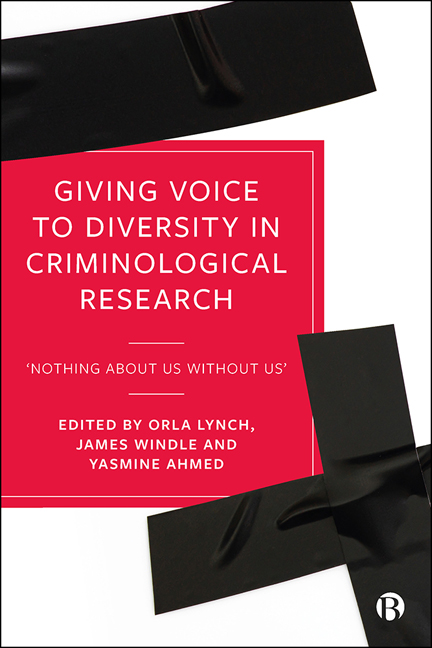3 - Whitewashing the White Collar
Published online by Cambridge University Press: 13 May 2022
Summary
The processes of marginalization and social exclusion have become important ones in contemporary sociology and criminology. As conventionally understood, they refer to the ways in which certain parts of the population are excluded from the social, economic, and cultural opportunities and resources that would allow them to participate as full citizens in society (for example, Giddens & Sutton, 2013). This has a particular impact on how we understand crime. Despite some gestures towards other areas, such as the sexual abuse of children, the prevailing assumption in the study of crime in Ireland is that it is the behaviour of people from working class backgrounds. Moreover, this is a perception that tends to be secured by research on offenders or at least on those offenders who are caught and convicted. Those in prison in Ireland are mainly young, unemployed, urban males from working class backgrounds with an additional range of disadvantages. These include drug problems, lack of significant labour market skills, no educational qualifications, and in the cases of many of them an absence of basic literacy. All of which are among the classic markers of marginalization.
However, the argument of this chapter is that if marginalization is taken solely in this way, then it is inadequate to fully understanding crime in Ireland. Marginalization is, in fact, a more complex phenomenon and best understood as a double-edged process. If one group, or set of groups, is marginalized or excluded from full participation in society, there are others who are freed from the constraints and obligations of citizenship. They are excluded from the responsibilities of citizenship. This is the process of double marginalization (McCullagh, 1996).
Put at its most simple, some groups are marginalized in the conventional sense, that is, from access to social resources such as education, housing, and employment. These are the groups from whom we derive our conventional images of crime and of criminals. The others has privileged access to these resources but are insulated from the impact of effective social control over their behaviour and from the social stigmatization that follows from being labelled anti-social or criminal.
- Type
- Chapter
- Information
- Giving Voice to Diversity in Criminological Research‘Nothing about Us without Us’, pp. 43 - 64Publisher: Bristol University PressPrint publication year: 2021

